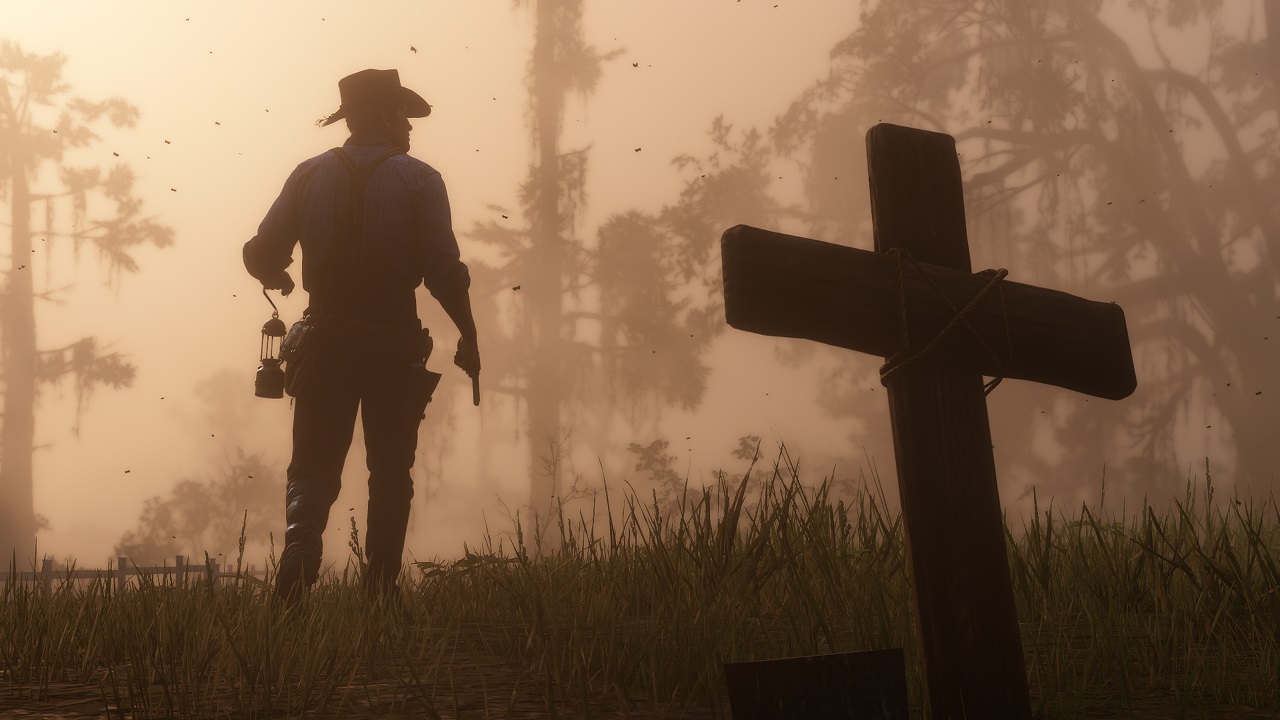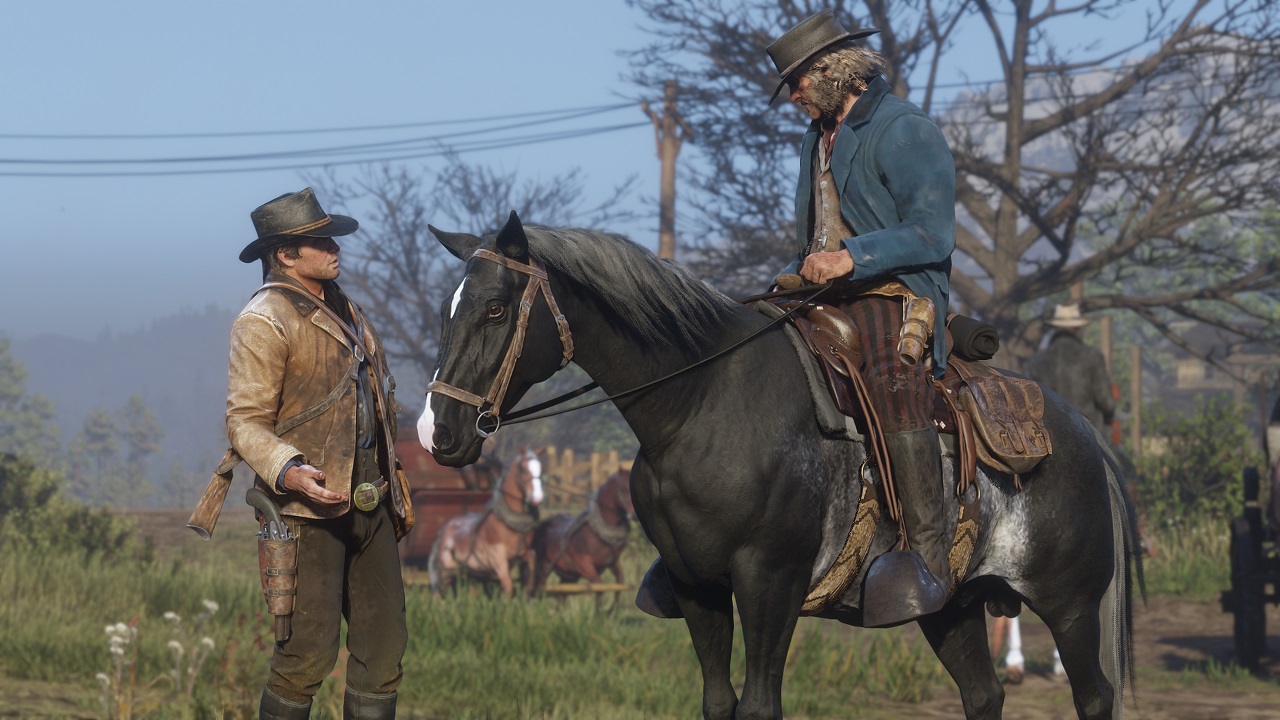Anonymous Rockstar devs say overwork is worse than the studio claims
Experiences vary, but according to multiple sources, crunch is a real problem inside Rockstar

Last week, a stray comment from Rockstar co-founder Dan Houser about Red Dead Redemption 2 developers working 100-hour weeks redoubled debates on the games industry's problem with crunch culture. Today, Kotaku published an in-depth report on Rockstar's work environment featuring statements from dozens of current and former Rockstar employees, many of whom claim that crunch is especially problematic within Rockstar.
Houser clarified that he was only referring to a small team of senior writers when mentioning 100-hour weeks, and insisted that "we don't ask or expect anyone to work anything like this." In the days that followed, Rockstar allowed employees to discuss their experiences working at the studio on Twitter. Many employees had positive things to say and lamented the conversations about Rockstar's allegedly unhealthy working conditions. However, there were also plenty of accounts in line with reports of excessive overtime at the studio.
Kotaku's report paints a clearer picture than the scattershot social media statements. Again, some employees said Rockstar is the best place they've ever worked, and that they've never felt forced to do more than they can handle. But plenty more said the studio embraces a workaholic culture where failing to work long hours and weekends is frowned upon, if not indirectly punished.
Houser's claim that overtime is not asked for or expected infuriated some employees, who say they absolutely feel pressured to work extra hours. "While nobody I know worked 100 hour weeks, many of us worked 60-80 hour weeks for the past one or two years," one current employee said. "To hear one of the heads of the company effectively go on record as saying none of that ever happened has been a huge blow to morale at a time when we should be celebrating."

Multiple sources said Rockstar's crunch culture is worse at its Lincoln studio in the UK, particularly within its QA department. One source said the Lincoln QA team has been working mandatory overtime since August 2017, and that an even more extreme crunch schedule began in October 2017. As Variety reports, Rockstar Lincoln recently held a studio-wide meeting to tell employees that overtime is not mandatory, admitting that "some people have said that they felt it was effectively mandatory because it was expected of them." Jennifer Kolbe, Rockstar's head of publishing, also said Rockstar is "pushing to make any OT worked more flexible in terms of schedule."
Speaking with Kotaku, Kolbe also acknowledged the crunch accusations which cropped up during the development of the original Red Dead Redemption. In 2010, several anonymous writers claiming to be the spouses of Rockstar employees who were working on Red Dead sent the studio a letter decrying its poor working conditions. At the time, Rockstar dismissed these claims as untrue and insisted that it aimed to maintain a "supportive creative environment." However, according to Kolbe, Rockstar strives to prevent things from reaching the state they did during the development of the original Red Dead Redemption, which suggests that working conditions weren't quite as sterling as once described.
"We certainly looked at Red Dead 1 and what came out of that, and knew we did not want to have a situation like that again," Kolbe said. "I think naturally as the team has grown in its working practices together, we have made improvements into how the teams are run."
Weekly digests, tales from the communities you love, and more
Some of the Rockstar employees who tweeted positively about working at Rockstar also told Kotaku that they may have omitted a few details in their stories, and that even they are hoping to see these discussions change the studio's internal culture. Experiences may vary, but it's clear that Rockstar, like so many game studios, has a crunch problem.
You can read Kotaku's full report on Rockstar's "Culture of Crunch" here.
Here's everything you need to know about Red Dead Online, Red Dead Redemption 2's multiplayer component due out this November.

Austin has been a game journalist for 12 years, having freelanced for the likes of PC Gamer, Eurogamer, IGN, Sports Illustrated, and more while finishing his journalism degree. He's been with GamesRadar+ since 2019. They've yet to realize his position is a cover for his career-spanning Destiny column, and he's kept the ruse going with a lot of news and the occasional feature, all while playing as many roguelikes as possible.


